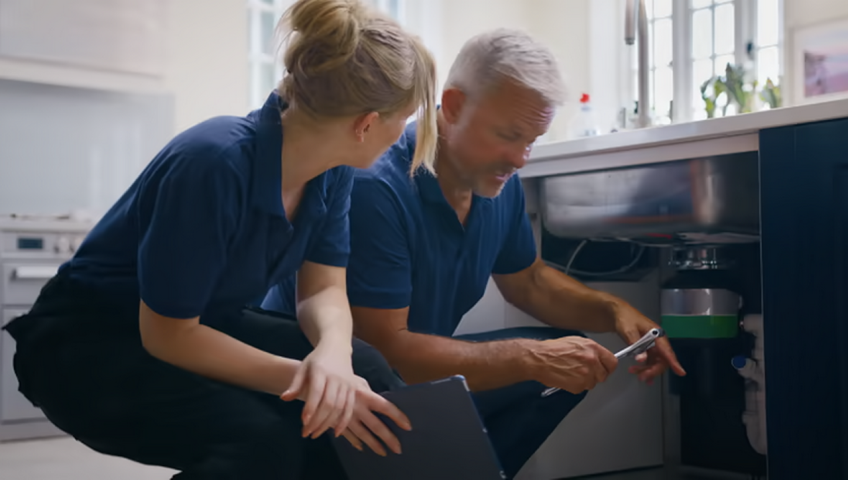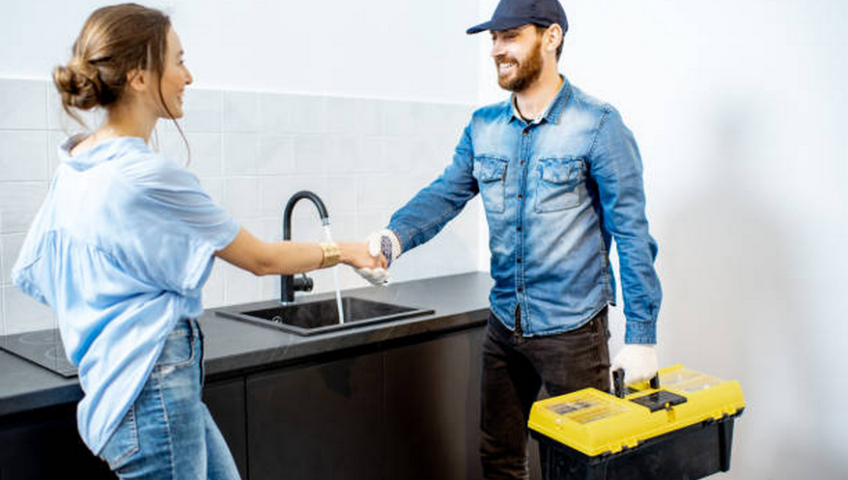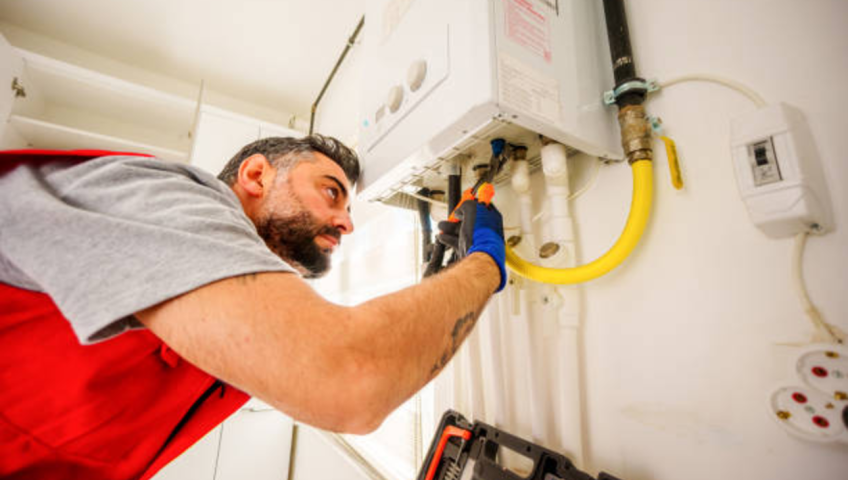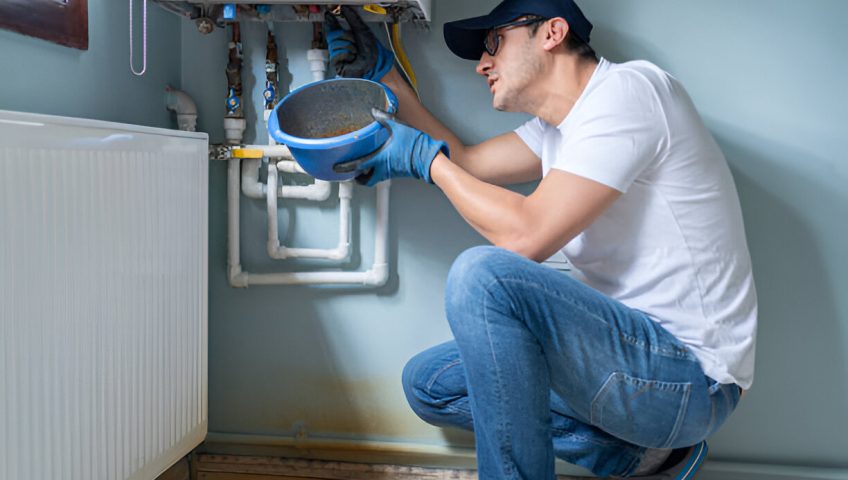
How to Install a Wet Room for an Elderly Relative: A Step-By-Step Guide
When a family calls me about making their bathroom safer for an elderly parent, I know they’re not just asking about plumbing they’re asking for peace of mind. I’ve been in the plumbing trade for many years, and here in Surrey, one of the most common adaptations I recommend for elderly care is a wet room.
A properly designed wet room transforms the daily routine from something stressful and risky into something safe and comfortable. With level-access flooring, slip-resistant tiles, and careful accessibility design, it’s an ideal solution for those with mobility issues. At West Gas Service, we’ve installed wet rooms that not only meet all wet room regulations but also stand the test of time and heavy daily use.
This guide walks you through the exact process I follow when I install a wet room for an elderly parent in Surrey. I’ll share both the technical steps and the small design details that make a huge difference in everyday life.
Understanding Why a Wet Room is Ideal for Elderly Care
Over the years, I’ve seen the difference a wet room can make for an elderly client. Many of my Surrey customers come to me after a fall or a near miss in the bathroom. They’re often worried that their loved one will lose independence, and they want to make changes before it’s too late.
Traditional bathrooms are full of hazards bathtubs with high sides, narrow shower doors, slippery floors, and awkward steps. A wet room removes those obstacles completely. The floor is on a single level, so there’s no step in or out of the shower. The slip-resistant surface reduces fall risk, and the open space means it’s easier for a carrier or mobility aid to move around.
From my perspective as a plumber, wet rooms also have a hygiene advantage. With the right drainage and waterproofing, water flows away efficiently, and surfaces dry quickly, reducing mould growth. For elderly clients, that means less cleaning effort and fewer health risks from damp environments.
Planning the Wet Room Layout
Before I touch a tile or a pipe, I spend time with my clients in the planning phase. This is where the real success of the project begins. I start by measuring the space and discussing how the elderly person will use it. Will they be using a wheelchair? Do they need space for a carer to assist? These answers shape the accessibility design.
A good wet room layout includes:
- Wide, clear entry points
- Enough turning space for wheelchairs or walkers
- Positioning the shower away from the entrance to create a dry zone
- Space for fold-down seats and grab bars where needed
I also review wet room regulations to ensure compliance. That means checking waterproofing requirements, drainage gradients, and safety standards. In Surrey, following these rules isn’t optional, it’s the only way to ensure the wet room performs safely for years to come.
Waterproofing and Tiling – The Foundation of Safety
I can’t stress this enough waterproofing is the backbone of a reliable wet room. Over the years, I’ve seen far too many failed DIY wet rooms where water seeped into the floor structure, causing rot and costly repairs. When I install a wet room for an elderly parent in Surrey, I use a full tanking system that seals every inch of the floor and lower walls.
Once the waterproofing membrane is in place, I move on to tiling. For elderly care, tiling waterproofing isn’t just about keeping water out of the subfloor it’s also about safety underfoot. I choose floor tiles with a high slip resistance rating, and I make sure the grout lines are sealed to prevent water from finding its way through. On the walls, I use smooth tiles that are easy to clean but still offer some grip for stability.
If you check out our West Gas Service plumbing services, you’ll see how we combine safety with style, so the wet room doesn’t feel clinical, it feels like part of a welcoming home.
Choosing the Right Shower System
When working with elderly clients, the shower system is more than just a preference, it’s a safety feature. I always fit shower thermostatic valves because they keep the water temperature constant, even if someone runs a tap elsewhere in the house. That means no sudden bursts of freezing or scalding water.
I also recommend a handheld shower head on an adjustable rail. This makes it easier to use while seated, and carers can control the water direction more effectively. The controls should be simple lever handles instead of fiddly knobs. This is a small detail, but I’ve seen it make a huge difference for someone with arthritis or reduced grip strength.
Installing Proper Floor Drainage
Drainage is one of those areas where cutting corners leads to years of trouble. In a wet room, the slope must be precise enough to guide water to the drain without making the floor feel uneven for wheelchairs or walkers. I often use linear drains along one wall, which are stylish, effective, and easy to clean.
The drainage system must also connect properly to the home’s waste pipes without any risk of backflow. My team always checks that our installations comply with wet room regulations, so there’s no chance of foul smells or flooding down the line.
Adding Accessibility Features
A wet room is only as good as its usability. For elderly clients, I often add:
- Fold-down shower seats for comfort and safety
- Grab rails positioned where they can be reached naturally
- Non-slip mats for extra grip
- Easy-turn taps and lever controls
- Bright, shadow-free lighting for better visibility
These assisted-living adaptations are inexpensive compared to the overall installation, but they make a huge impact on daily life. In fact, I’ve had families tell me that these features are what allowed their elderly parents to keep bathing independently for years.
Gas Safe Plumbing for Heating and Hot Water
If the wet room includes heating whether underfloor or via a towel rail it must be installed by a Gas Safe plumbing professional. As part of West Gas Service, we’re fully registered, which means we can integrate heating into the wet room safely and legally.
For elderly clients, warmth is a big deal. Cold, damp bathrooms can cause discomfort and even health risks. I’ve worked on many Surrey wet rooms where heated flooring keeps the space cosy, prevents slippery condensation, and makes the room feel inviting year-round.
Final Inspection and Testing
Once the installation is complete, I don’t just hand over the keys and leave. I go through a full inspection process:
- Testing the waterproofing for leaks
- Checking the drainage gradient and flow rate
- Making sure all fixtures are securely fitted
- Verifying temperature controls and safety features
- Ensuring the layout is fully accessible
Only when I’m completely satisfied do I sign off the project. This isn’t just a personal standard, it’s about giving families the confidence that their elderly parent will be safe every time they use the wet room.
Maintenance Tips for Longevity
A well-installed wet room can last decades, but only with the right upkeep. I always leave my clients with a maintenance guide, which includes:
- Wiping down walls and floors after use to prevent water stains
- Keeping drains clear of hair and soap buildup
- Inspecting seals and grout annually for cracks
- Scheduling a yearly plumbing check
These small habits prevent costly repairs and keep the space looking as good as the day it was installed.
Why Choose West Gas Service for Your Elderly Wet Room in Surrey?
I’m proud to say that at West Gas Service, we bring together years of technical plumbing skill and a genuine understanding of what families need when caring for elderly relatives. When you work with us, you’re getting more than an installation, you’re getting a partner who will guide you through every decision, from choosing tiles to testing water pressure.
Whether you need a full wet room build or a bathroom adaptation, our experience with disabled renovations and assisted-living adaptations means we can deliver a solution that’s safe, practical, and comfortable. If you’re ready to start planning, contact us today to discuss your ideas, arrange a home visit in Surrey, and get a tailored quote that meets your needs and budget.
Frequently Asked Questions
Q1: How long does it take to install a wet room for elderly care?
In most Surrey homes, it takes about one to two weeks. The timeline depends on whether we’re converting an existing bathroom or building from scratch, and on the complexity of the features you choose.
Q2: Do wet rooms for elderly parents require special regulations in Surrey?
Yes. They must meet waterproofing, accessibility, and drainage requirements. At West Gas Service, we follow these wet room regulations precisely, so you never have to worry about compliance.
Q3: What’s the best flooring for a wet room?
I recommend slip-resistant tiles that balance safety with easy cleaning. They should have a textured surface but still be comfortable under bare feet.
Q4: Can you adapt an existing bathroom into a wet room?
Absolutely. Most of my projects in Surrey involve converting a standard bathroom into a wet room. The process is faster if your plumbing layout is already suitable, but we can adapt most spaces.
Q5: Do I need professional plumbers for a wet room?
Yes, especially for waterproofing, drainage, and any Gas Safe heating elements. A poorly installed wet room can cause leaks, structural damage, and safety hazards.






Recent Comments